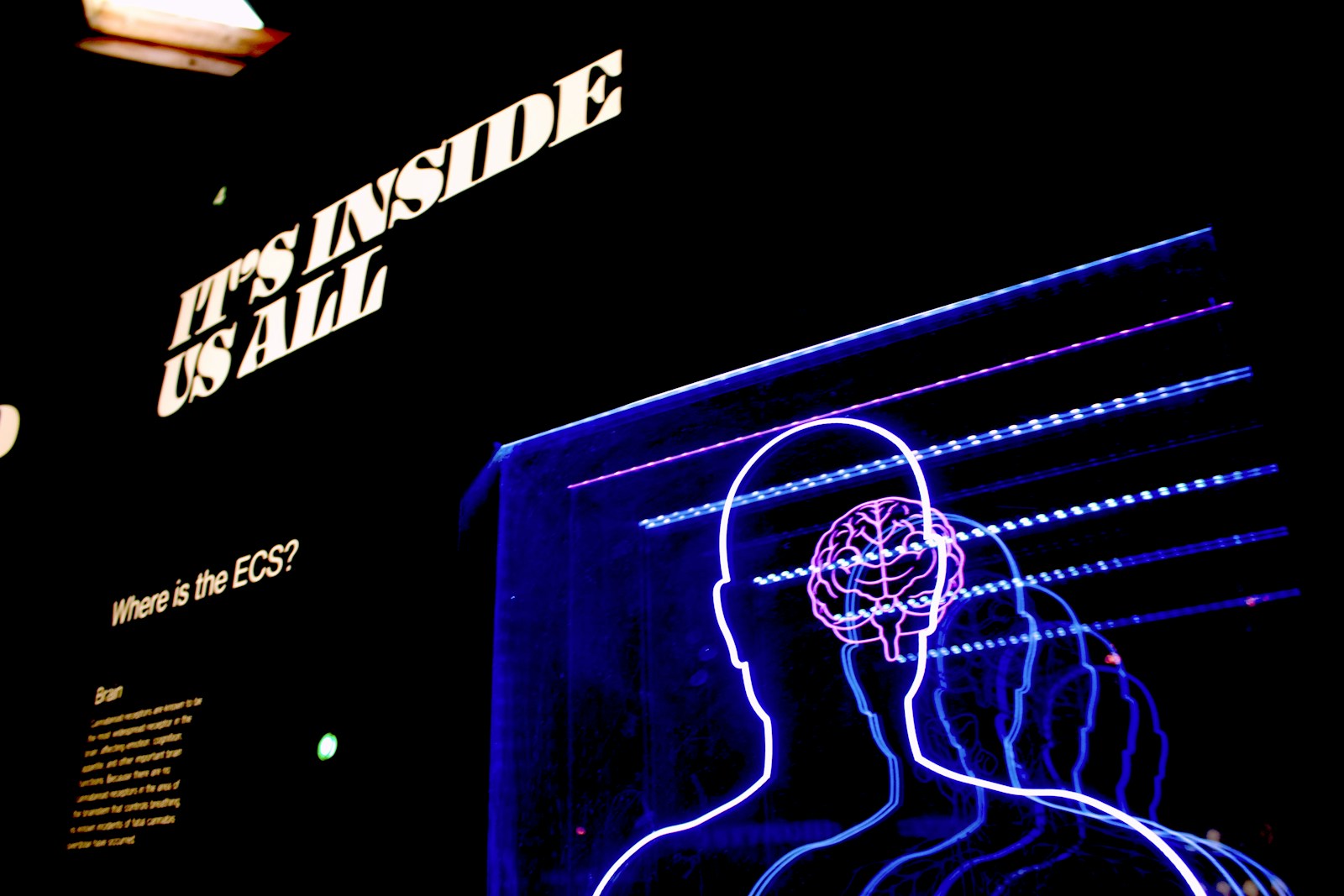Scientific Foundations of Spirituality
It is important to recognize that spirituality has scientific foundations that validate its significance in human life:
- Neuroscience: Studies have shown that practices like meditation and mindfulness can significantly affect brain function and structure. They reduce stress, improve emotional regulation, and enhance cognitive abilities.
- Psychology: Positive psychology acknowledges the role of spirituality in fostering well-being, resilience, and a sense of purpose.
- Sociology: Research indicates that spiritual practices often foster community and social bonds, which are crucial for mental health and societal well-being.
The term „spirituality“ itself is rooted in the Latin word „spiritus,“ meaning „breath,“ which is fundamental to life. This linguistic root highlights that spirituality is about being alive and fully present.
What is Spirituality?
Spirituality is not confined to any one religion or belief system. It encompasses various practices and philosophies, all aimed at exploring the deeper meaning of life and our place within it. Here are some key aspects of spirituality:
- Connection: A feeling of being connected to others, the world, and a higher power or universal consciousness.
- Purpose: A search for a deeper purpose and fulfillment in life.
- Transcendence: Experiencing a sense of transcendence beyond the physical realm, which might include meditation, prayer, or contemplation.
- Inner Peace: Achieving inner peace and harmony through practices that calm the mind and body.
Prejudices Against Spirituality
Despite its broad and inclusive nature, spirituality is often misunderstood and mislabeled as mere esotericism or pseudoscience. This misunderstanding can stem from several factors:
- Lack of Knowledge: Many people who criticize spirituality might not fully understand what it entails. They might see it as a set of unproven beliefs rather than a personal journey or practice.
- Skepticism: In a world increasingly driven by scientific and empirical evidence, anything that falls outside the realm of hard science can be viewed with suspicion.
- Association with Extremes: Some associate spirituality with extreme or fringe practices, overlooking the more grounded and widely practiced aspects.
Spirituality and the Present Moment
Contrary to the misconception that spirituality is about escaping reality, true spiritual practice is deeply rooted in the present moment. Here’s why:
- Mindfulness: Many spiritual practices emphasize mindfulness, which is the practice of bringing one’s attention to the present moment. This can reduce anxiety and improve mental clarity.
- Grounding: Practices like meditation, yoga, and contemplation help ground individuals, making them more aware of their thoughts, emotions, and surroundings.
- Acceptance: Spirituality encourages acceptance of the present as it is, fostering a sense of peace and reducing the stress associated with resistance to reality.
Personal Struggles with Prejudices
In my journey, I’ve faced many prejudices for pursuing a spiritual path. Critics often accused me of not living in the „real world“ and being detached from practical concerns. However, my spiritual practice has done the opposite: it has anchored me in the present, improved my mental clarity, and deepened my connection to those around me.
Spirituality is not about being a guru or possessing special powers. It’s about being fully human, embracing both the tangible and intangible aspects of life, and finding harmony within oneself and with the universe. This practice doesn’t make one less scientific or rational; it enhances one’s ability to navigate life with a balanced and open perspective.
Conclusion
Spirituality is a deeply personal and universally human experience that enriches our lives by fostering connection, purpose, and inner peace. Misunderstandings and prejudices about spirituality often stem from a lack of knowledge or association with extreme practices. However, scientific research supports the benefits of spiritual practices, especially in enhancing mental and emotional well-being.
Embracing spirituality means living fully in the present moment, grounded in reality, and open to the profound experiences of life. It’s a journey of self-discovery and connection that everyone can undertake, regardless of their beliefs. So, let’s recognize and respect the spiritual dimension of life, understanding that it’s a path towards greater awareness and fulfillment.


